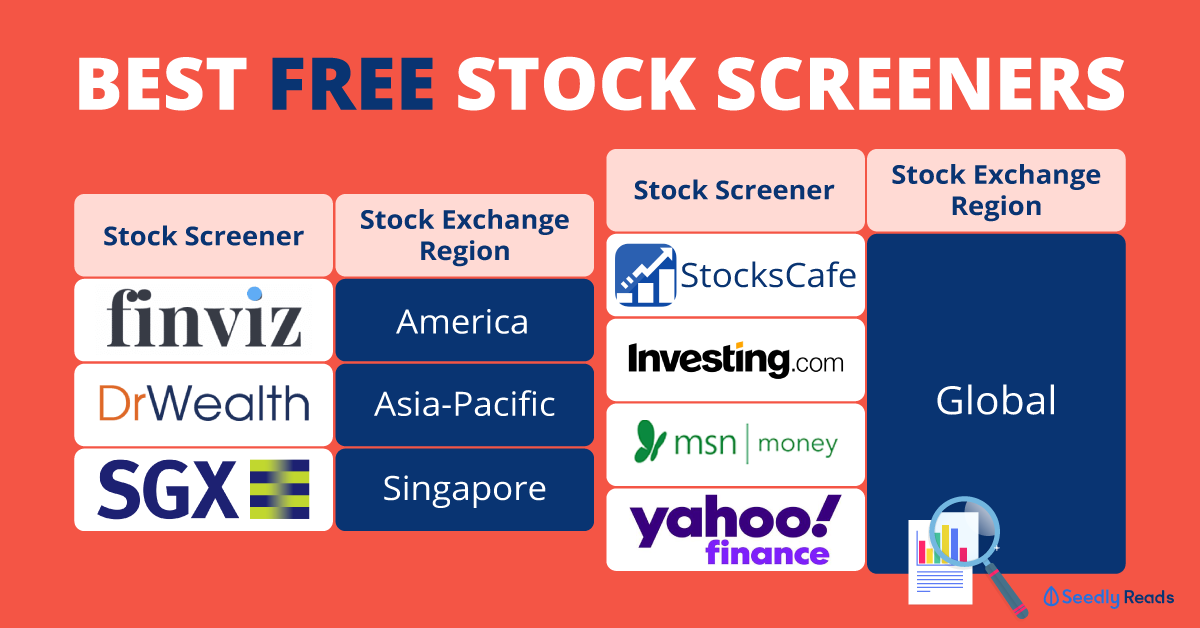Advertisement
Post Merged
This post is no longer accepting new comments because it has been merged with My friend told me that buying bonds are always safer than buying shares of a company. This is true right?
Discussion (6)
Reply
Save
Depends on the type of bonds you buy. If you buy non-investment grade (looking at lower than BBB- on Fitch's or S&P rating) you will be buying "speculative" bonds - which means that these bonds have a relatively high default rate, and their companies may not have the ability to fully meet the debt obligation through to the end of the debt's term.
Comparing speculative, non IG bonds to a blue chip like DBS, I rather pick DBS. The yields on these junk bonds can go up to 30% ~ 40% which sounds very attractive, sure, if they pay till maturity, but these bonds tend to end up defaulting a few years later. Very volatile, very dangerous to play with large amounts of capital and if you don't know how to evaluate the health of a company, and the ability for them to meet obligations.
So TLDR: comparing investment grade bonds with a equivalent in the stock: perhaps a blue chip, then yes, bonds are safer since they are mostly capital guaranteed with a less than 1% chance of defaulting + better ability to get back capital when company goes bankrupt since debtors get money first before stockholders. but a penny stock and a equivalent junk bond -- Very difficult to say which will be better.
Each are very volatile in their own right, I rather not risk my money on something I don't understand.
Reply
Save
Isaac Chan
21 Feb 2019
Business at NUS
I would say that the answer really depends on what bonds and stocks you can compare with. For bonds ...
Read 3 other comments with a Seedly account
You will also enjoy exclusive benefits and get access to members only features.
Sign up or login with an email here
Write your thoughts
Related Articles
Related Posts
Related Posts
Advertisement









Bonds are much safer than stocks - largely due to bonds not being exposed to market risk- which is of course compensated with greater return.
That being said there are still a multitude of risks bond investors are exposed to:
Default risk- Non govt bonds hold small % of default risk no matter how insignificant it might be.
*Interest rate risk- This is the main risk! While bond interest payouts will not change , the real yield and prices of bonds will drop as interest rates(or inflation) increases.
Call risk- Only applies to callable bonds. Bonds may be prematurely terminated.
Reinvestment risk- Coupon value might not be able to be reinvested at same rate as original bond.